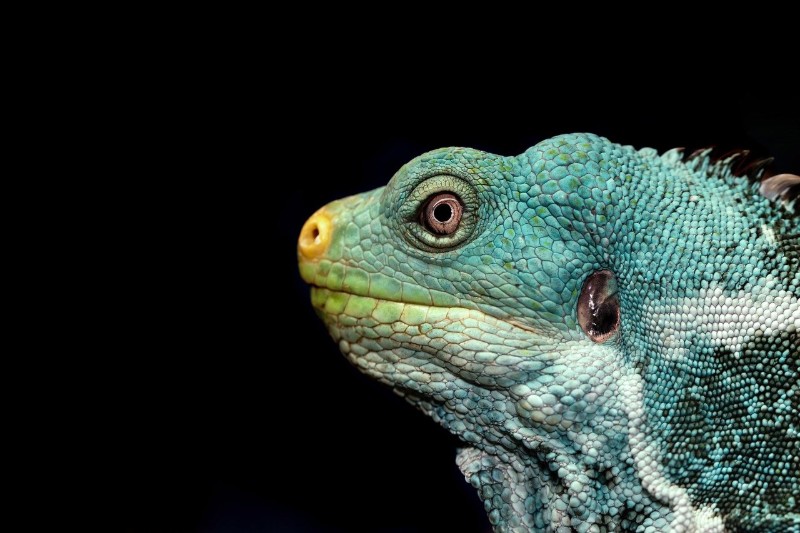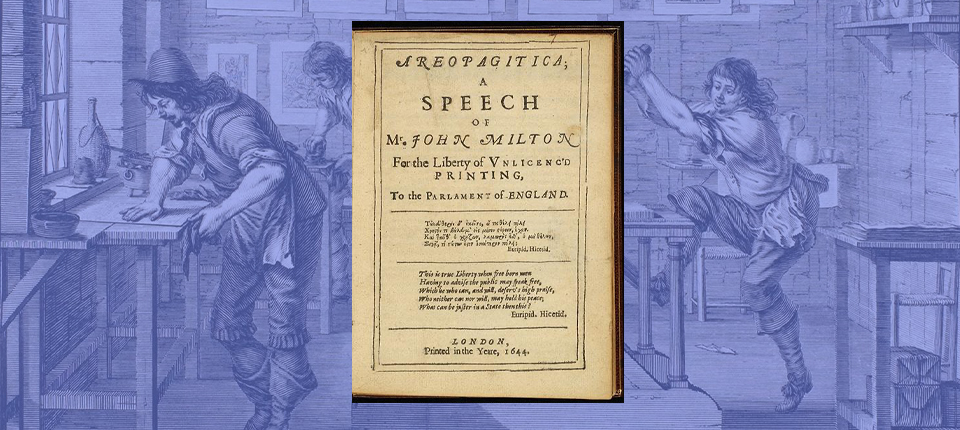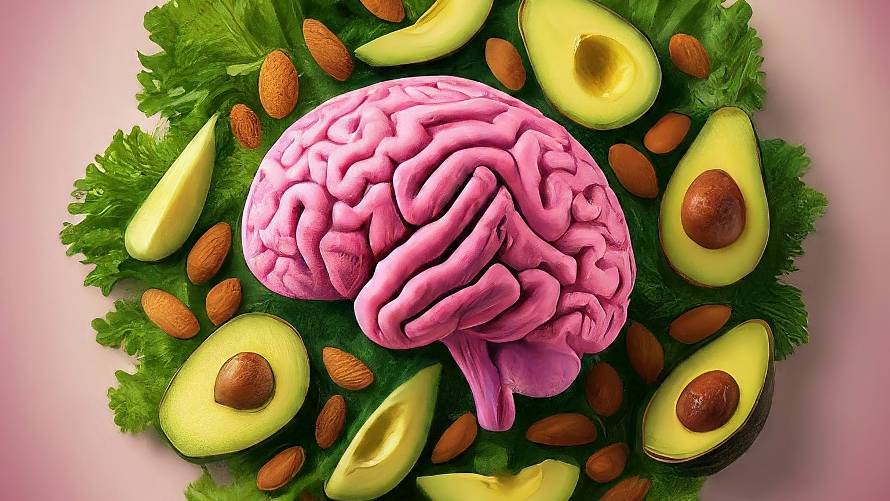Summary: UC San Francisco researchers have uncovered how the ketogenic diet may help treat autoimmune disorders through a newly discovered gut-brain connection. The study, conducted in mice, reveals that ketone bodies produced during the diet trigger beneficial gut bacteria to create anti-inflammatory compounds, potentially leading to new treatment options for conditions like multiple sclerosis.
Journal: Cell Reports, November 4, 2024, DOI: 10.1016/j.celrep.2024.114891
Reading time: 4 minutes
For years, scientists have wondered if the ketogenic diet might help calm overactive immune systems in people with autoimmune disorders. Now, groundbreaking research from UC San Francisco has revealed an unexpected connection between the popular diet and the gut microbiome that could lead to new treatments for conditions like multiple sclerosis (MS).
A Tale of Two Compounds
The story begins in the gut, where researchers discovered that the keto diet triggers the production of two crucial compounds. The first is β-hydroxybutyrate (βHB), a ketone body produced when the body switches from burning carbohydrates to burning fat. The second is indole lactic acid (ILA), produced by a specific gut bacterium called Lactobacillus murinus.
“What was really exciting was finding that we could protect these mice from inflammatory disease just by putting them on a diet that we supplemented with these compounds,” said Peter Turnbaugh, PhD, of the Benioff Center for Microbiome Medicine.
From Diet to Discovery
The research team conducted a series of experiments using mice with an MS-like condition. They found that mice producing more βHB showed less severe disease symptoms. More importantly, this ketone body prompted L. murinus bacteria to produce ILA, which then blocked the activation of immune cells involved in MS.
To confirm their findings, the researchers tested three different groups of mice: one on a keto diet, another on a high-fat diet, and a third on a high-fat diet supplemented with βHB. Through careful analysis using genome sequencing and mass spectrometry, they confirmed that L. murinus was indeed the source of the beneficial ILA.
Beyond the Diet
The most promising aspect of this research is its potential to help patients without requiring them to follow the challenging ketogenic diet. However, Turnbaugh emphasizes caution: “The big question now is how much of this will translate into actual patients,” he said. “But I think these results provide hope for the development of a more tolerable alternative to helping those people than asking them stick to a challenging restrictive diet.”
Glossary
– Ketogenic diet: A high-fat, very low-carbohydrate diet that forces the body to burn fats instead of carbohydrates
– β-hydroxybutyrate (βHB): A ketone body produced by the liver during fat metabolism
– Indole lactic acid (ILA): A metabolite produced by certain gut bacteria that can affect immune system function
– T helper 17 cells: Immune cells involved in autoimmune disorders like multiple sclerosis
Quiz
1. What two key compounds did researchers discover in their study?
Answer: β-hydroxybutyrate (βHB) and indole lactic acid (ILA)
2. Which gut bacterium was found to produce the beneficial compound ILA?
Answer: Lactobacillus murinus
3. How did the researchers test their findings in mice?
Answer: They compared three groups: mice on a keto diet, high-fat diet, and high-fat diet supplemented with βHB
4. What is the potential benefit of this research for patients?
Answer: It could lead to supplements that provide benefits similar to the keto diet without requiring the strict dietary restrictions
Enjoy this story? Get our newsletter! https://scienceblog.substack.com/

























































